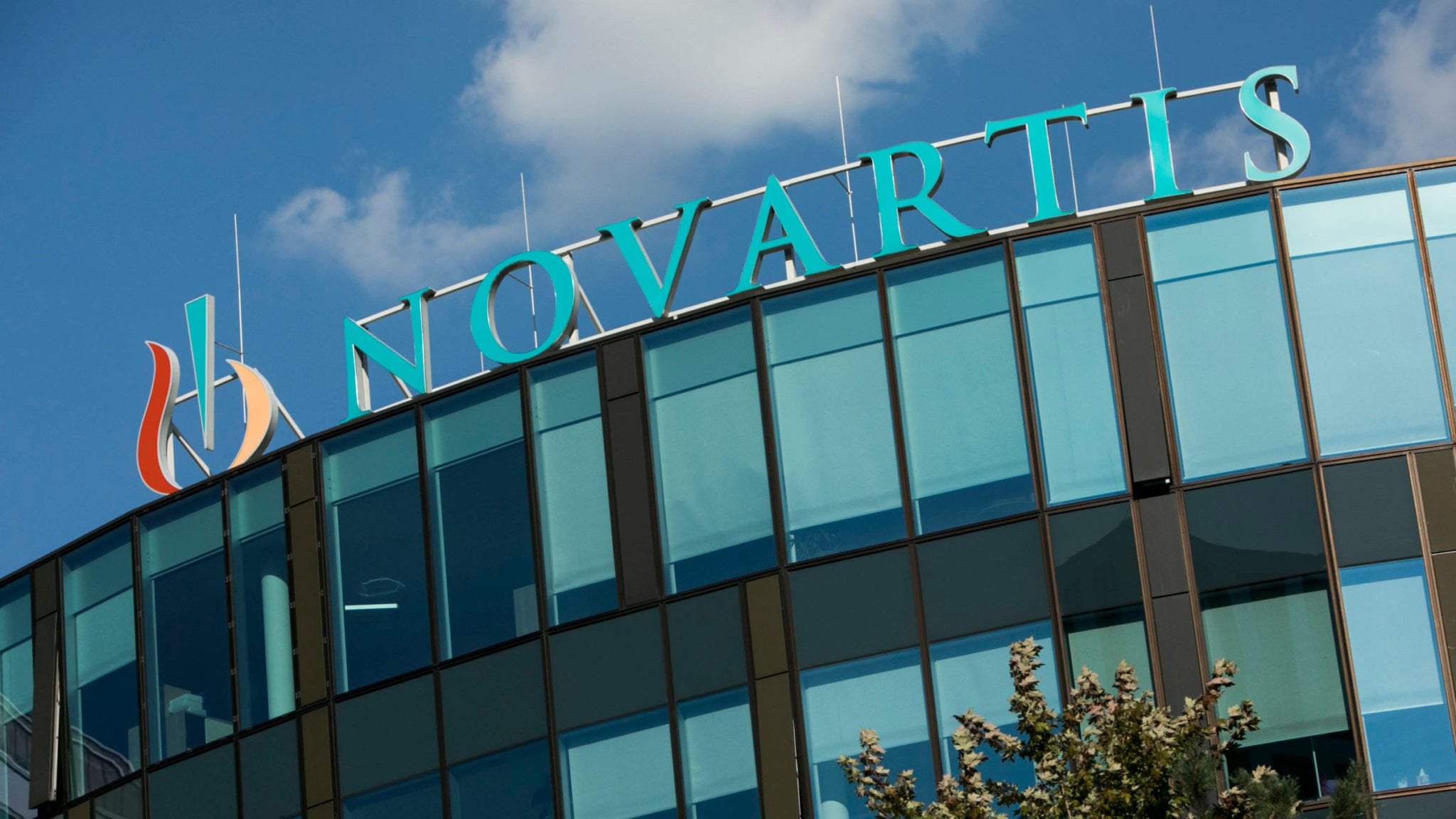
Novartis' Cosentyx misses main goal in head-to-head trial with AbbVie's Humira
After reporting positive data in non-radiographic axial spondyloarthritis last month, Novartis’ blockbuster Cosentyx was dealt a setback on Friday.
In the 52-week EXCEED trial in 800 biologic-naïve active psoriatic arthritis patients, the IL-17A drug was tested against AbbVie’s flagship Humira. The main goal of the study was to show Cosentyx was statistically superior using response rates to ACR20, a standard measure that looks for a 20% recovery in the number of tender and number of swollen joints, and a 20% improvement in three other categories at week 52.
Unlock this article instantly by becoming a free subscriber.
You’ll get access to free articles each month, plus you can customize what newsletters get delivered to your inbox each week, including breaking news.